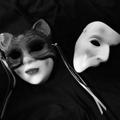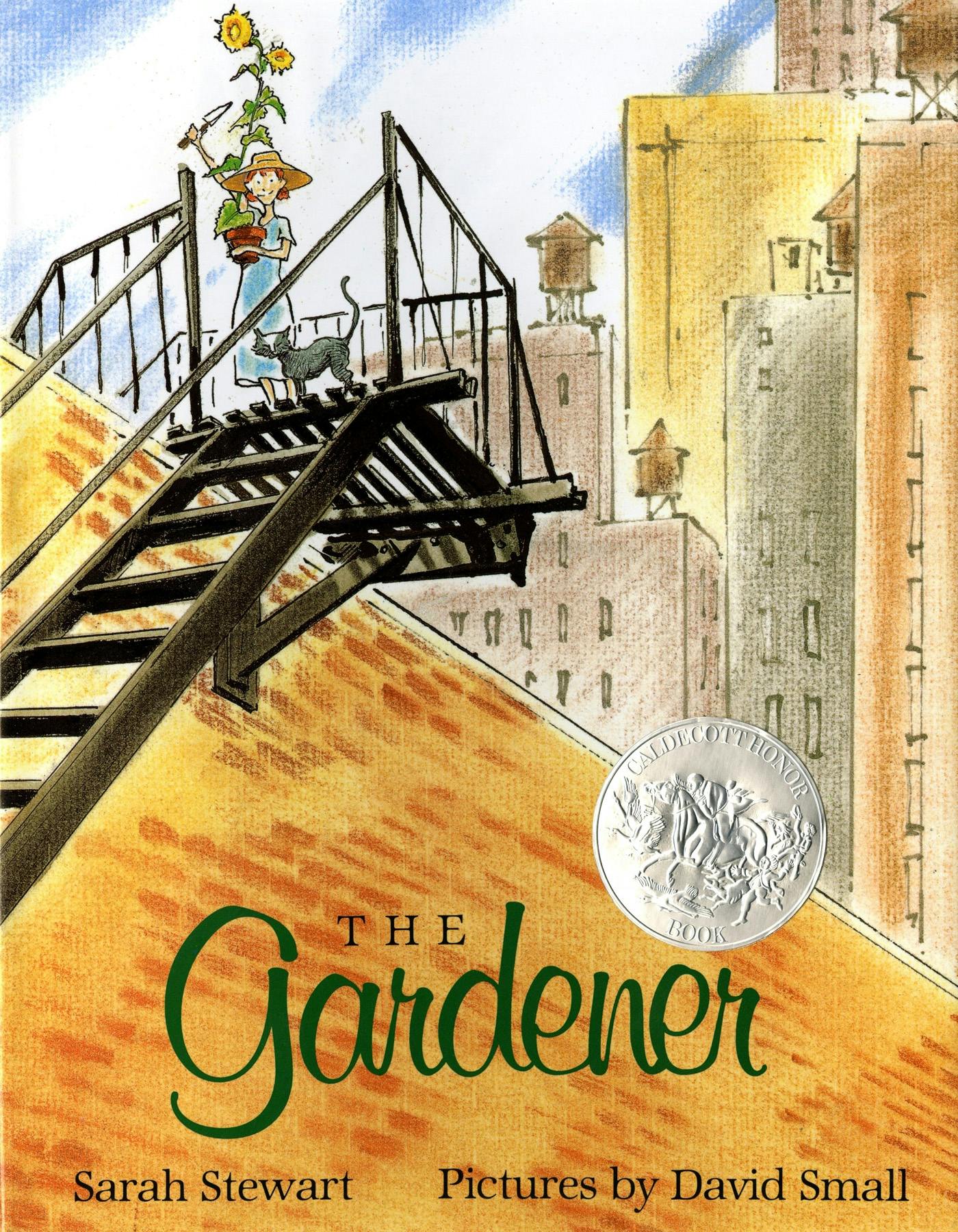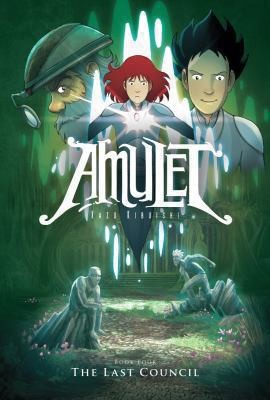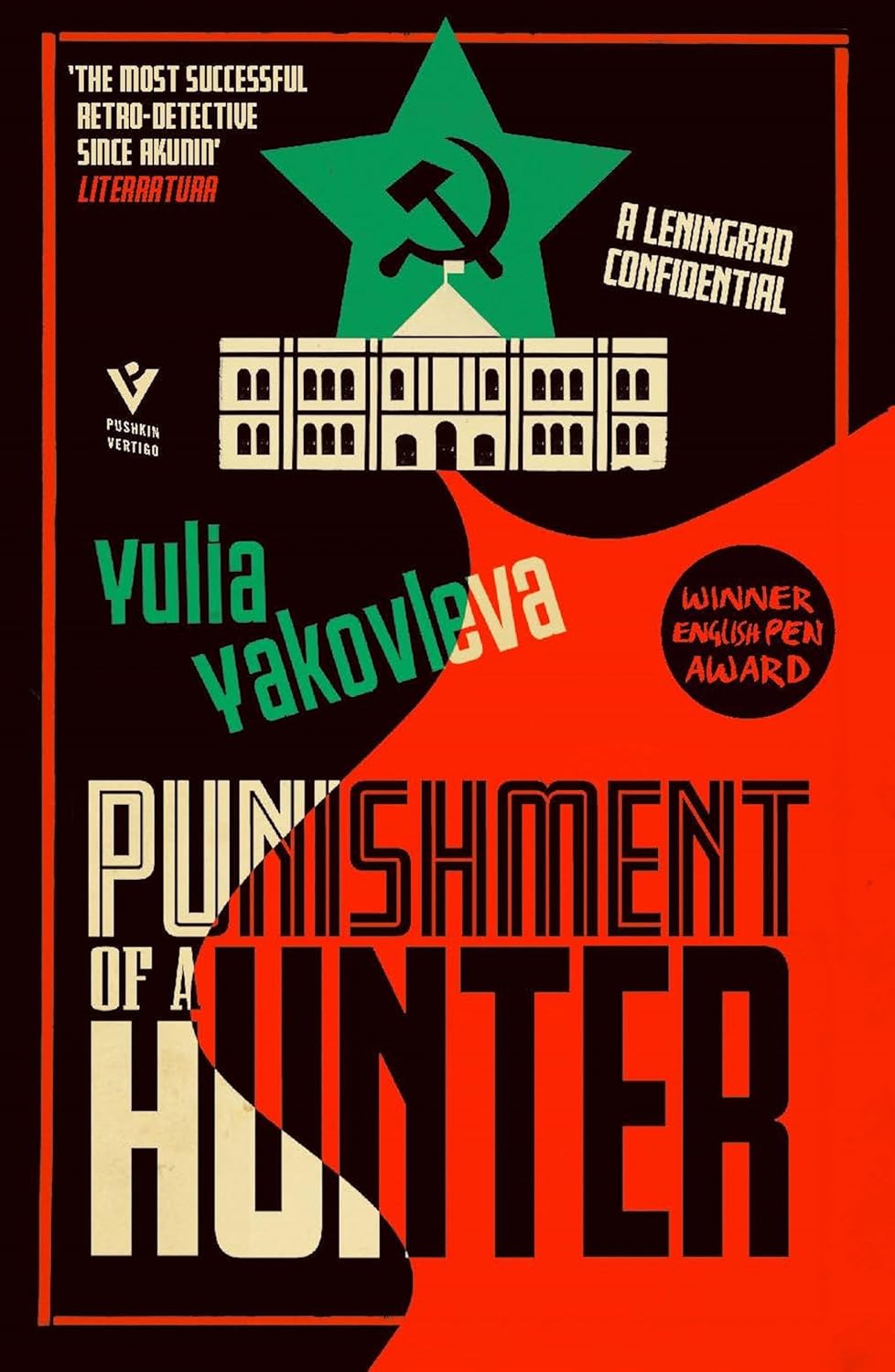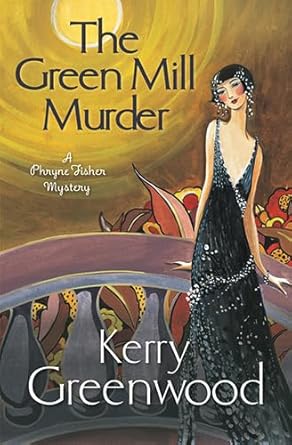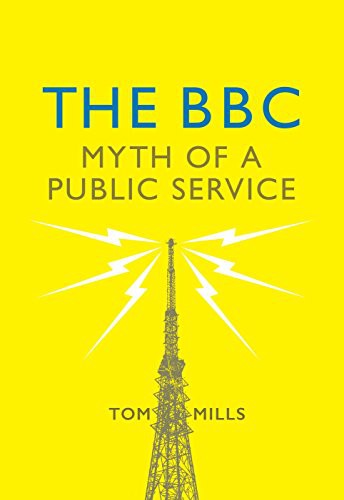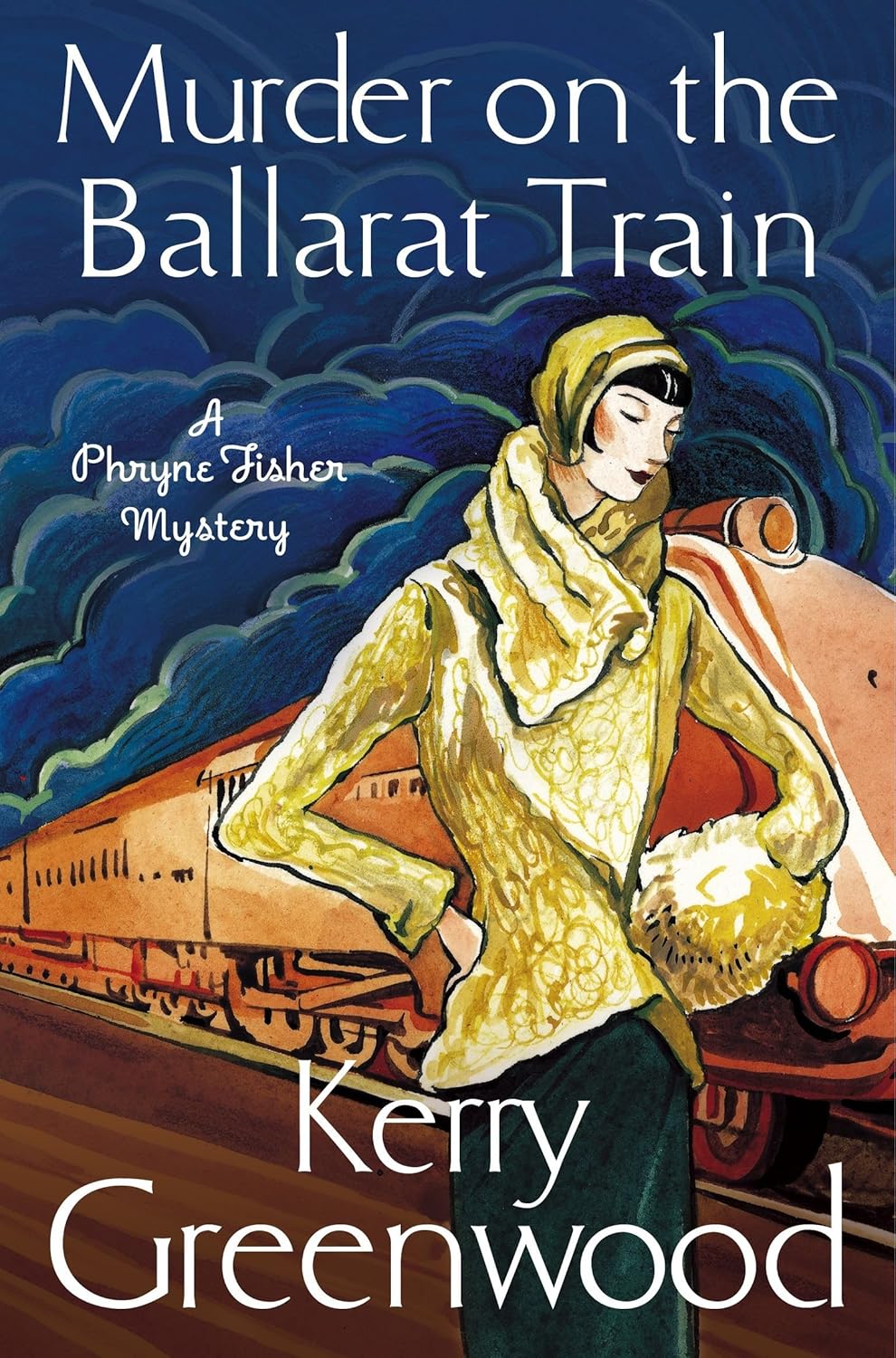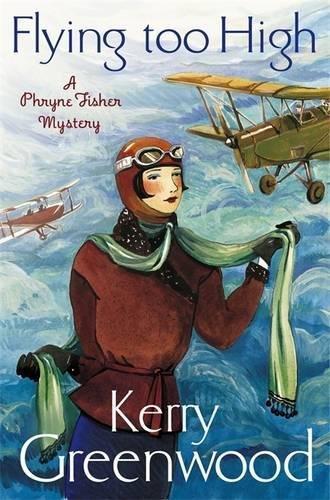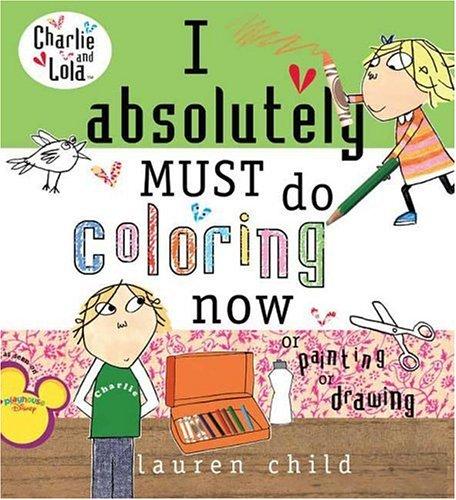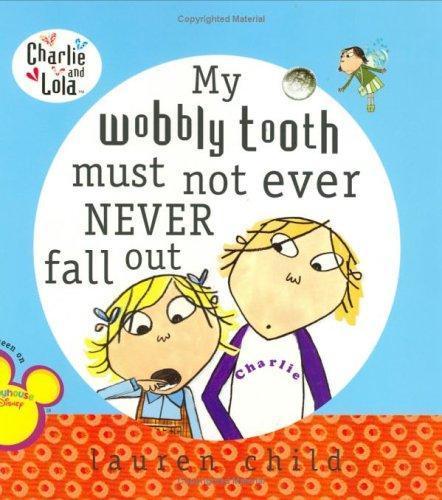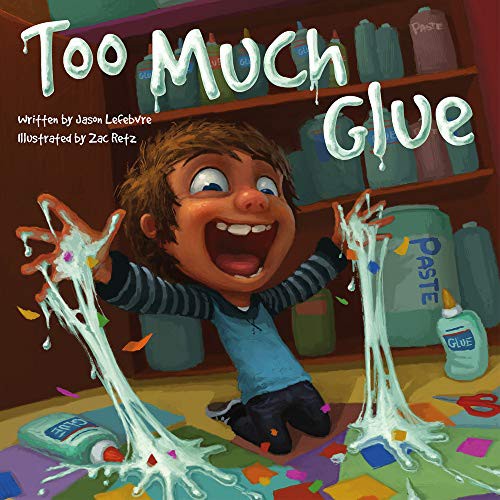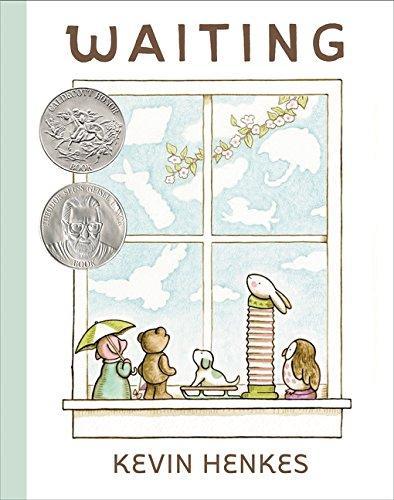Story-wise, I find that I rather enjoyed the overlapping of two mysteries at once. It was particularly interesting in that the two mysteries were, other than the characters, entirely removed from each other; the only aspect that connected them was a flying school, the owner, and his friend.
Something else I do like is that there is a degree of forgiveness and recognition for someone doing the wrong thing but also that the person recognises it's wrong and doesn't want to go through with it. In one of the two mysteries, there is a group of three kidnappers (a husband, a wife, and a third-party who is a known child-molester who is wanted by the police). The wife and the third-party are schemers, trying to find ways to keep the ransom money for themselves; the husband is someone who is involved against his better judgement but trying to solve the problem as best he knows how (because his wife took out a loan from some implied loan sharks, and he is out of a job). Because Phryne sees that he tries to protect the child (who he helped kidnap) from the other two while also putting himself in danger to do so, she decides that he's not really a bad man and lets him go.
With regards to this character, there is at least an exploration of how desperate a person can become when dealing with money, dubious loans, job loss, and just overall lack of access to resources. He's not presented as a good person, but the story also doesn't push him into prison or punish him in that manner. I think this is actually a helpful perspective to include, especially in stories where poverty is also part of it. (I do, however, find it a little peculiar with the way the wife was presented in the story; it still follows the common trend of men bending over backwards to give their wives everything even when they can't, and I don't find that to be a helpful trope. I know that it is a possible reality, but it's such a common trope in mystery fiction that it's more than a little worn-out.)
The child molester (who is known and wanted by the police) is where I kind of found myself wincing at the story? It's not a long bit, and it comes at the end; Phryne promises, if the captured child molester can shut up about the aforementioned husband, to help him sneak in "what he likes" (young girls) to the prison, and then she goes and finds her acquaintance who is an adult that looks like a young child and does that as part of her sex work to keep the deal with him? It's all... very awkward, especially when you know there are many other ways to solve the problem of a child molester. Also, wouldn't it have worked just as well for her to clean up the scene to ensure the husband wasn't known to be there and for everyone to help give character witness proving he wasn't there and make it seem like a violent man was lying when he said otherwise? I just feel like there were other means to handle this, and the handling of the silence for this dead man walking... was just strange.
There are also a couple times where the narration is outwardly racist where it doesn't need to be, such as when Phryne is described as looking for the kidnappers in a way that analogises her actions to indigenous Americans and scalping. What the fuck is that? It's not adding anything to anything; it's just fucking bizarre because it could've been an easy analogy for hunting or something. That bit just caught me out of nowhere, even for something published in the 1990s.
Mildly frustrating, but also annoying for about five pages, was the fact that this woman kept spelling the name 'Giuseppe' as 'Guiseppe'. I don't know what it is with people who don't engage with Italian but keep choosing to use the name 'Giuseppe' but have no idea how to spell it, but this is such a common thing that Anglo writers using this name do that it actually gets on my nerves.
